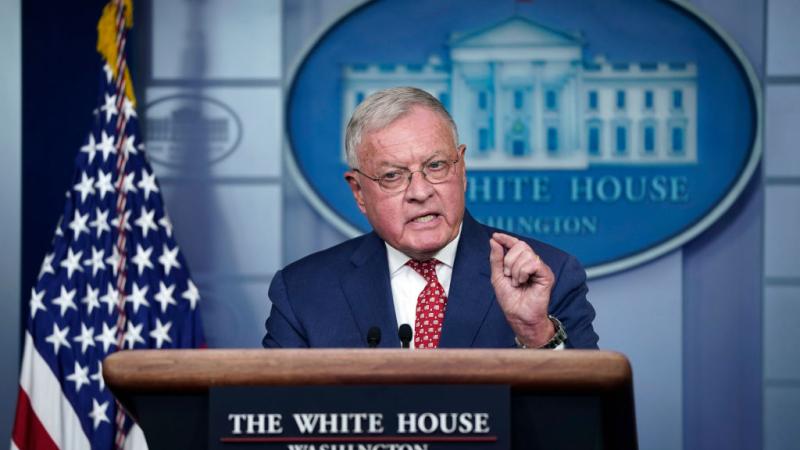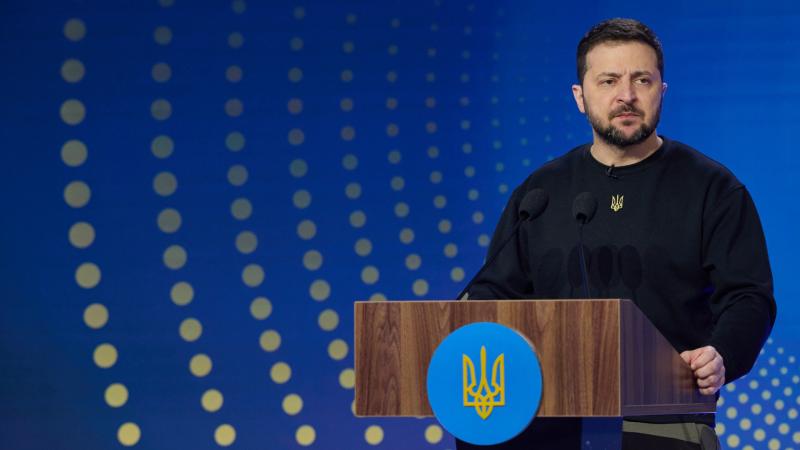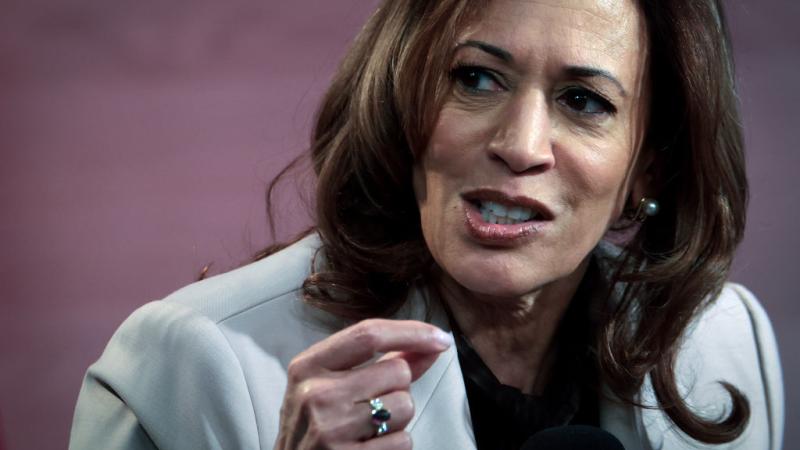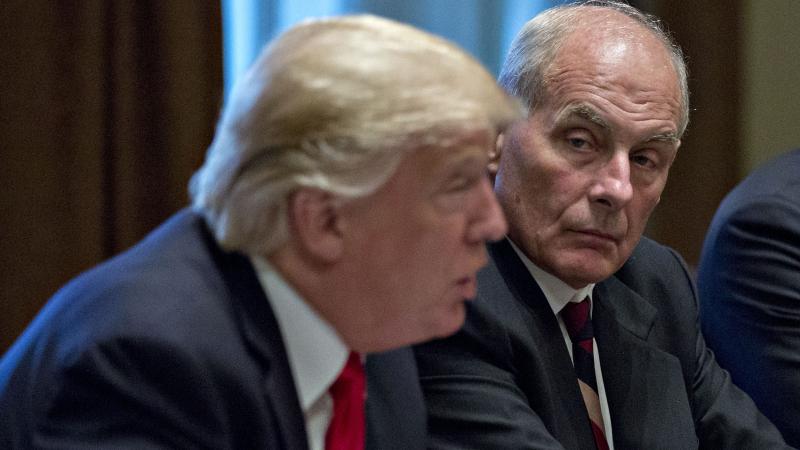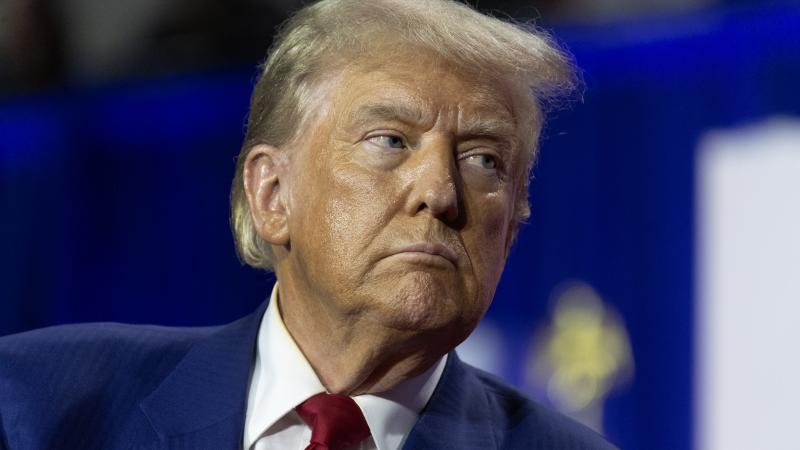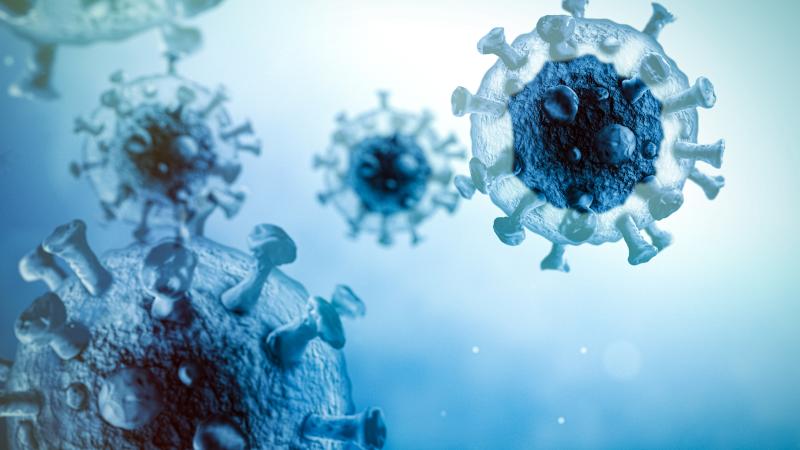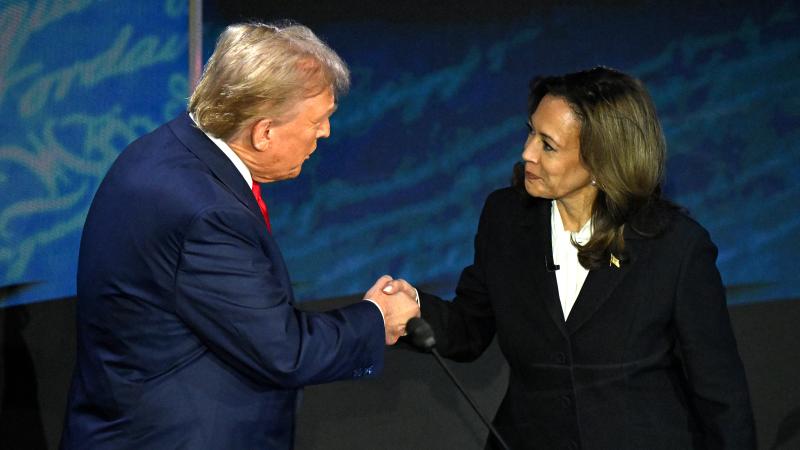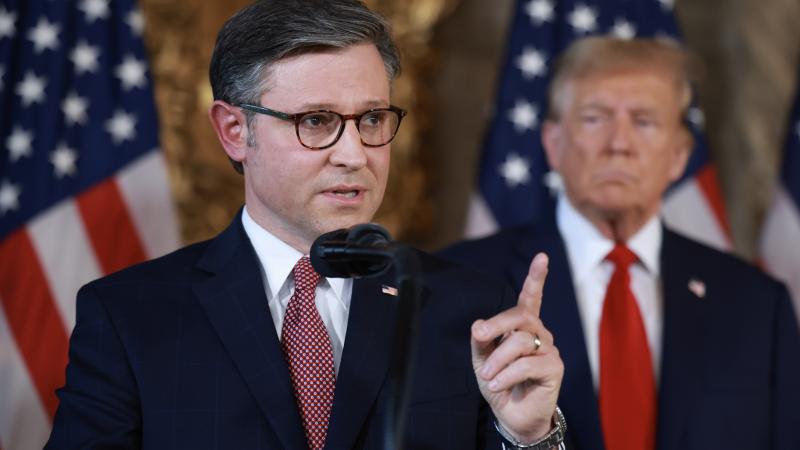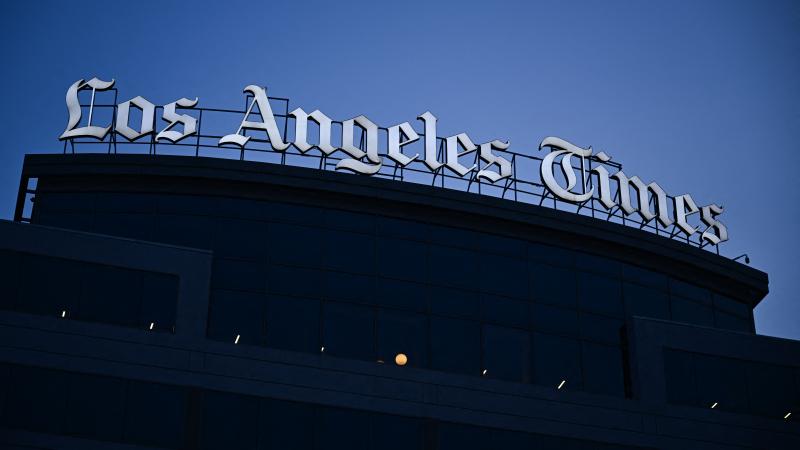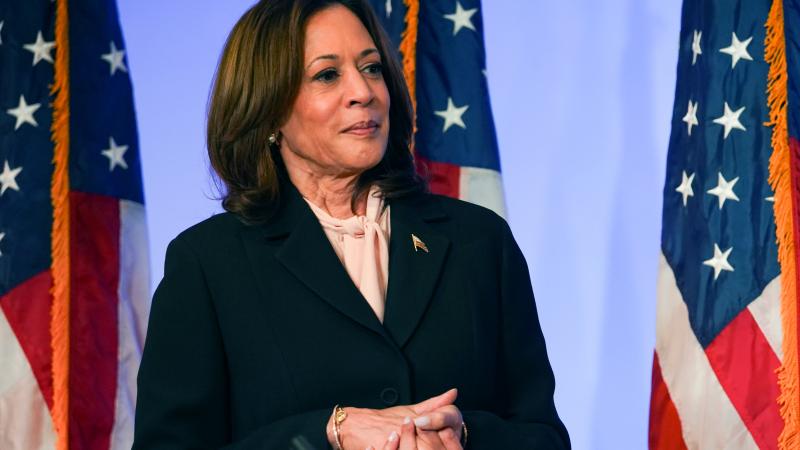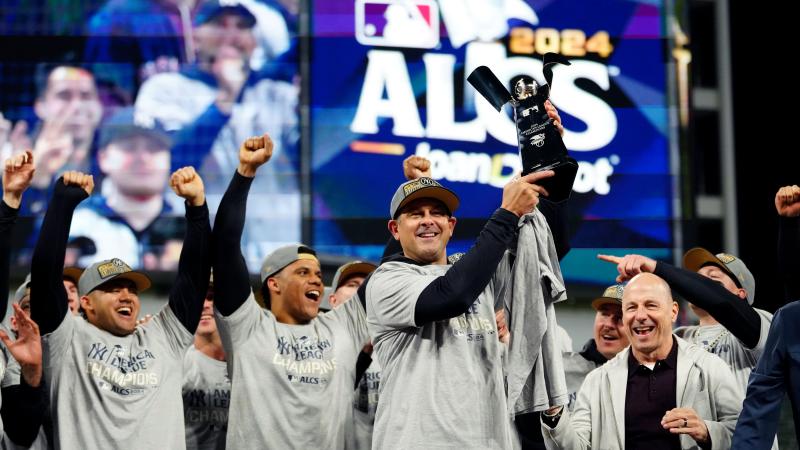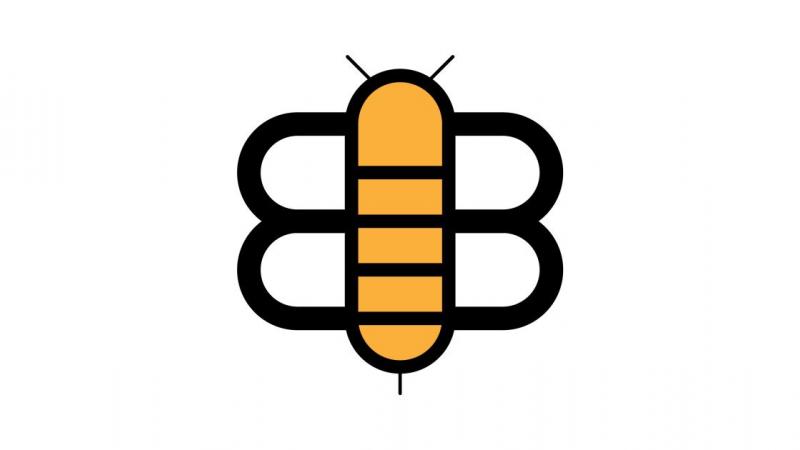Once the story of the century, the Trump-Russia conspiracy theory has all but vanished
Several years' worth of collusion accusations have faded away.
It had all the makings of a once-in-a-generation scandal: allegations of political sabotage from a hostile foreign power, the willing cooperation of an upstart political candidate, a stolen election, a compromised U.S. national security system, and a genuine threat to the stability and integrity of the United States itself.
Yet after several years of claims from politicians, activists and commentators that President Donald Trump and/or his campaign actively colluded with Russia to steal the 2016 election from Hillary Clinton, the scandal itself has essentially died, with no evidence ever having arisen to substantiate those explosive allegations.
The death knell of the conspiracy theory was likely the March 2019 release of the special counsel's report on the conspiracy theory; the open-ended, years-long investigation, headed by former FBI Director Robert Mueller, was ultimately unable to find any strong evidence that the Trump campaign had collaborated with the Russian government to win the 2016 race.
Yet the evidence for collusion had always been slim: Former Deputy Attorney General Rod Rosenstein admitted under oath last year that by August of 2017 there was no evidence to substantiate claims that Trump had conspired with Russia to steal the election.
Still, the theory persisted for nearly two years afterwards, pushed by major Democratic leaders in Congress and promoted by prominent media personalities, essentially dominating the first two-and-a-half years of Trump's presidency.
Among the most aggressive pushers of the theory was U.S. Rep. Adam Schiff, whose position as the chair of the House Intelligence Committee gave him major influence over Congress's handling of the Russia allegations.
Schiff claimed over the years to be in possession of major proof of Trump's collusion with Russia, citing, variously, "significant evidence," "direct evidence," "abundant circumstantial evidence" and "more than circumstantial evidence" indicating a conspiracy.
Schiff never publicly provided the evidence of which he claimed to be in possession. Mueller's subsequent inability to find any evidence in his own right would seem to indicate that Schiff may have lacked the proof he repeatedly claimed to have.
Still, even after Mueller's conclusions, Schiff — whose office did not respond to requests for comment — suggested that he and others in Congress would seek to "evaluate and further investigate the president's misconduct," leaving open the possibility that they might find actual proof of collusion upon further scrutiny.
The conspiracy theory was not broadcast only from Capitol Hill. Major media networks and personalities often ran round-the-clock coverage of the alleged collusion scandal, often hosting Democratic politicians and political analysts purporting to offer proof that Trump had conspired with Russia during 2016.
Among them was CNN's Jake Tapper, whose weekday news show "The Lead" was at times a clearinghouse for Trump-Russia conspiracies. Yet even after Mueller announced the lack of evidence of a collusion scheme, Tapper continued to gesture toward Trump's possible collusion with Russians, arguing that Mueller's report declined to fully clear the president of any collaboration with the Russian government.
Mueller's own arguably confusing logic did indeed make that assertion: The investigator declared in his writeup that "while [the] report does not conclude that the President committed a crime, it also does not exonerate him."
In defense of his coverage over the course of the controversy, Tapper himself has argued following the special counsel's conclusions that members of the media had simply reported that "the investigation was going on," not that it necessarily had any merit.
It's a standard Tapper himself has not always applied evenly. In 2016, for instance, he claimed that the Obama birther conspiracy theory was a "lie," asserting that there was never any evidence to substantiate it. Tapper did not respond to requests for comment on the matter.
CNN more broadly was a major contributor to coverage of the Russia theory, running reports with focuses such as "Trump's ties to Russia" and "the many paths from Trump to Russia." The network was not always careful with its coverage on that subject: Three of its reporters resigned in mid-2017 after publishing a story about Trump then-Trump-ally Anthony Scaramucci's alleged ties to a Russian investment firm.
That network was not the only media outlet forced to retract explosive claims about a Trump-Russia conspiracy. In August 2019 MSNBC host Lawrence O'Donnell retracted, and apologized for, reporting on anonymously sourced allegations that a group of Russian oligarchs had co-signed a loan for Trump, a claim O'Donnell said "didn't go through [the network's] rigorous verification and standards process."
In other cases, the message was even more overt: Time Magazine, for instance, in May 2017 famously published an image of the White House slowly being taken over by Russia's iconic Saint Basil's Cathedral.
Still other commentators have not merely maintained the conspiracy theory but doubled down on it. Progressive pundit and New York magazine writer Jonathan Chait, for instance, publicly speculated in 2018 that Trump may have been "a Russian asset since 1987." In February of this year, Chait said he believes even more strongly in that particular conspiracy theory based on the claims of a former Russian Communist spy.
Yet all told, the collusion conspiracy theory appears to have died a quiet death after years of explosive headlines and public assurances that the conspiracy itself was real. Media interest was briefly reignited last summer when the Senate released an intelligence report exploring links between Russia and the 2016 Trump campaign, though that report also found no evidence of collusion.
This week, meanwhile, another Russia conspiracy theory appeared to fall apart: U.S. intelligence on Thursday walked back an explosive claim from last year that Russia had put bounties on American soldiers in Afghanistan.
Intelligence officials now reportedly express "low to moderate confidence" that that story was ever true. Upon the revelation of that allegation last year, then-candidate Joe Biden directly linked the alleged scandal to Trump, calling it "beyond the pale" and Trump's presidency "a gift to Putin."

